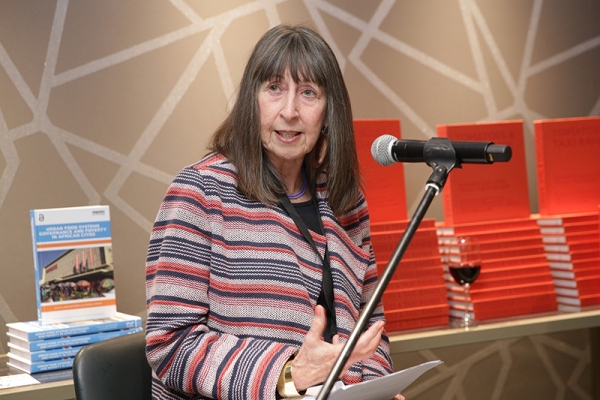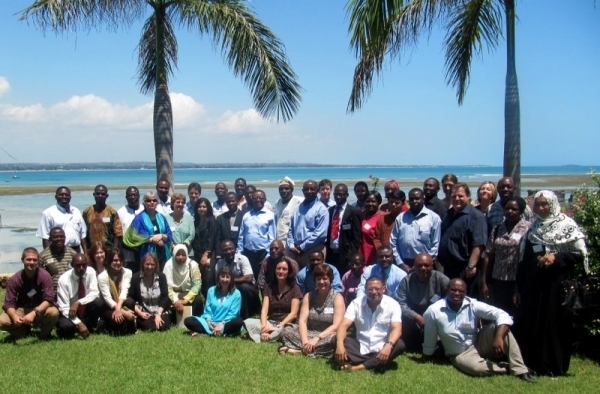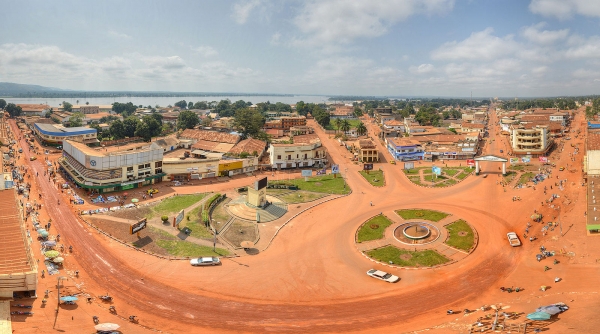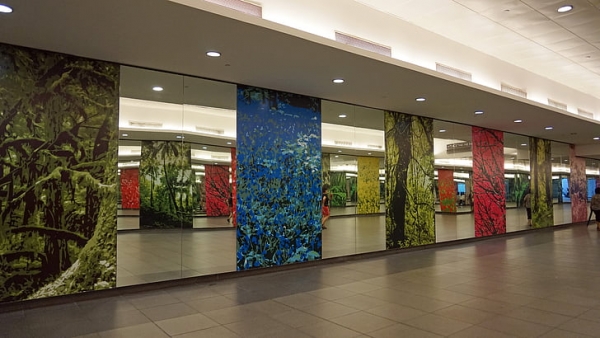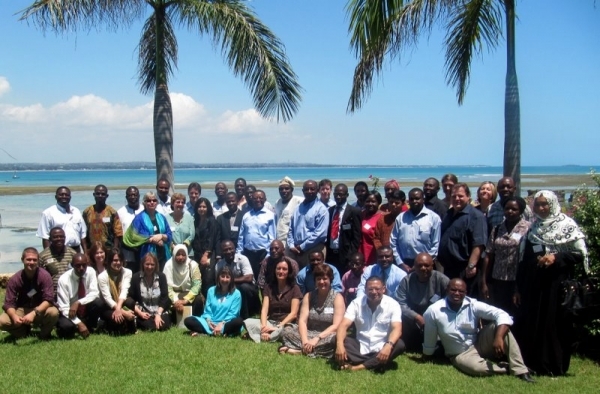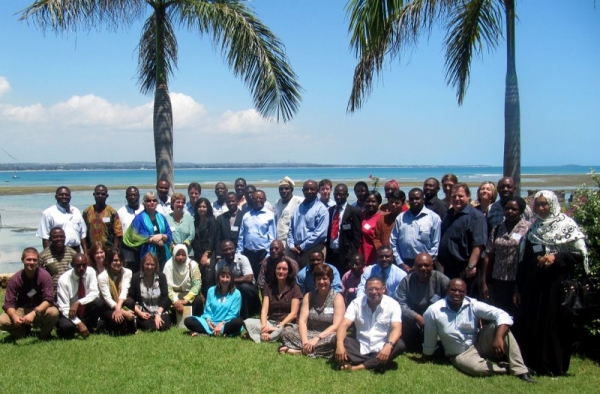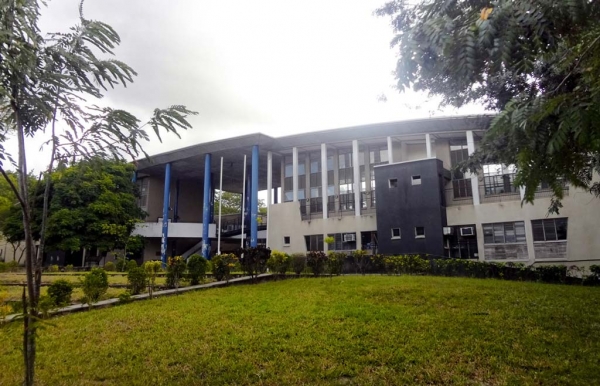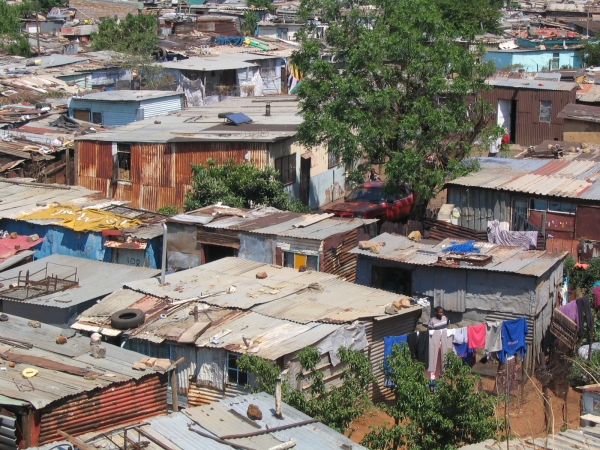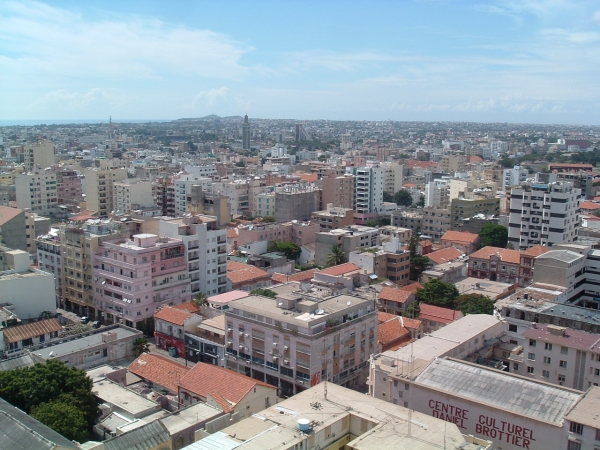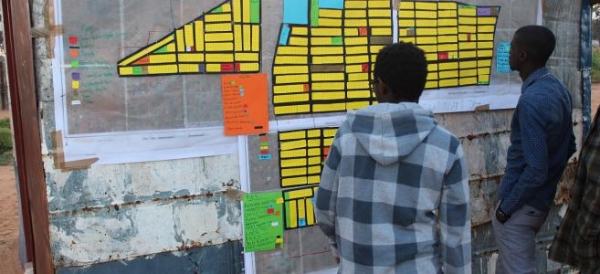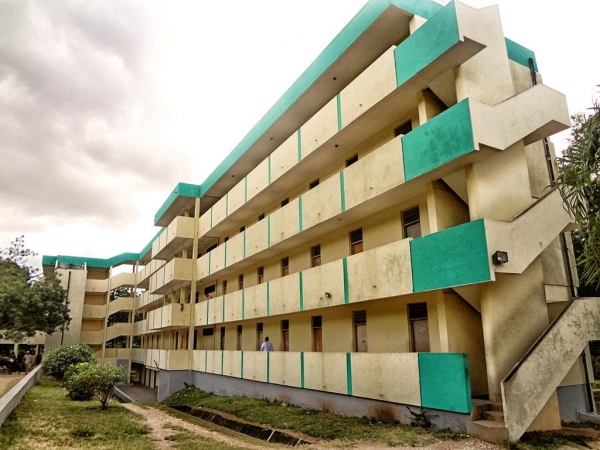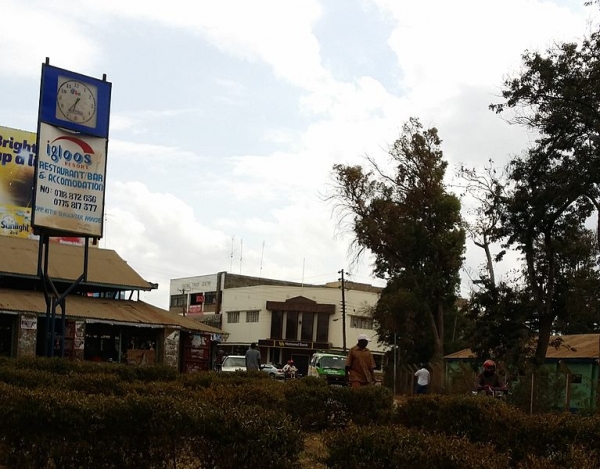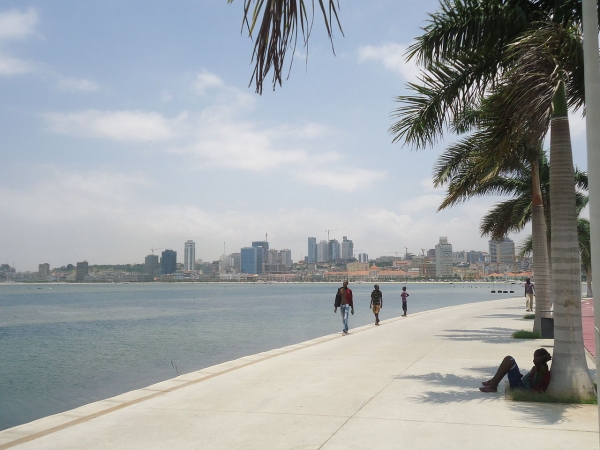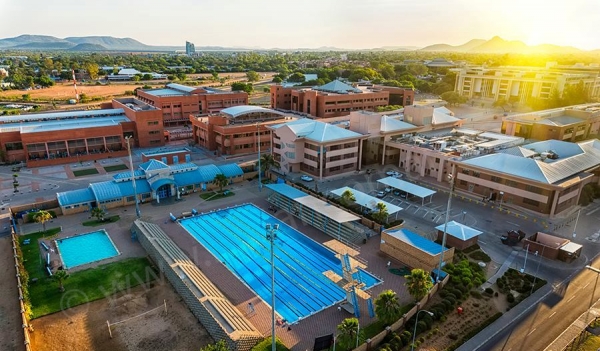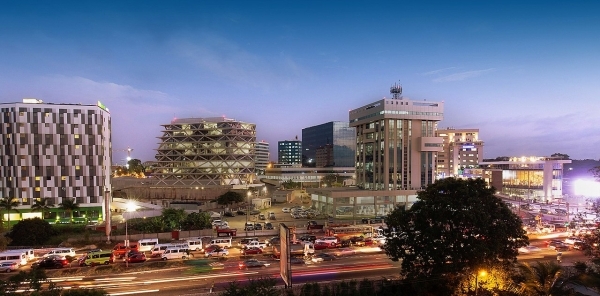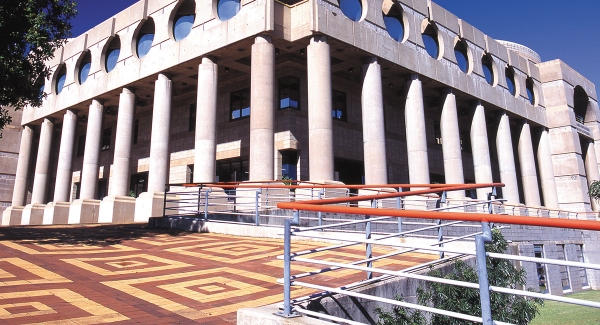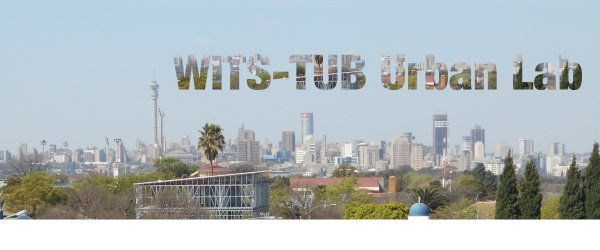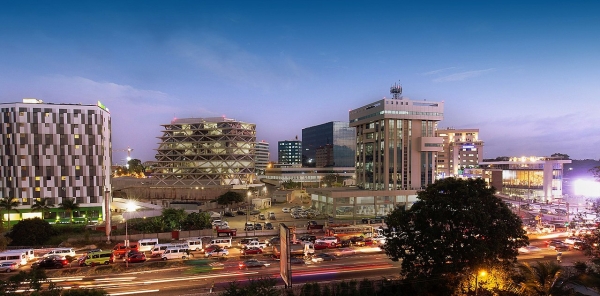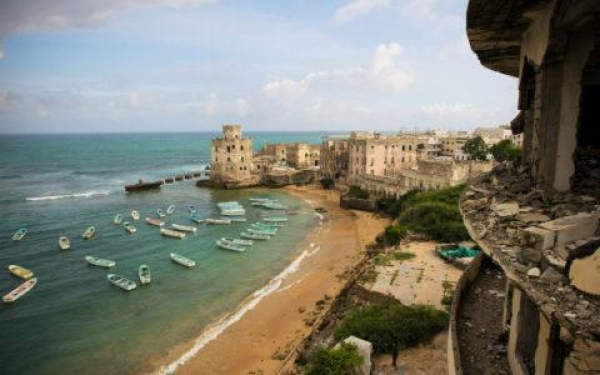The AAPS will host its second conference on planning education in Africa, from 5 to 8 October 2010 in Dar es Salaam, Tanzania. The first conference was held in Cape Town in October 2008. This was an historical event in that it enabled the first face-to-face meeting of AAPS members since the Association’s beginnings in 2002.
The 2008 meeting was enabled through a grant from the Rockefeller Foundation as part of the ‘Revitalising Planning Education in Africa’ initiative that will conclude at the end of 2010. A second Rockefeller Foundation funded AAPS project on case research and documentation commenced in 2010.
The conference broadly aims to stimulate debate and reach consensus over the future role, structure and direction of the association, as well as to produce a curriculum framework for the development of postgraduate planning courses in Africa.
55 delegates from 16 African countries will participate, including representatives of AAPS member schools, the African Centre for Cities, Slum Dwellers International and Cities Alliance. Papers will be delivered in accordance with one or more of the following themes:
- Informality
- Spatial planning, implementation and infrastructure delivery
- Actor collaboration
- Climate changes and African cities
- Access to land
The conference will feature keynote addresses by the following illustrious figureheads:
- Edgar Pieterse is director of the African Centre for Cities, an interdisciplinary research and teaching programme based at the University of Cape Town, South Africa. He holds the South African National Research Fund (NRF) Chair in Urban Policy. His research interests focus on different modes of researching and theorising African urbanism, with a view to developing more effective urban policy discourses and interventions on the continent. Edgar has published extensively on these and other subjects, including over sixty scholarly articles, eight books and numerous policy reports. His latest publication is an edited book entitled Counter-Currents: Experiments in Sustainability in the Cape Town Region, which looks at innovative attempts to promote sustainable urban development in South Africa’s oldest city.
- Aromar Revi is an international consultant, practitioner and researcher with nearly twenty-five years of inter-disciplinary experience in public policy, governance, institutional development, as well as the political economy of reform, development, technology and sustainability. He is the director of the Indian Institute of Human Settlements (IIHS) - India’s first independent national University aiming to address challenges of urbanization in the 21st Century. Aromar has lectured at two dozen Universities across four continents, written and edited five books and contributed to over thirty academic articles to peer-reviewed journals across multiple disciplines. He has been a senior advisor to various ministries of the Government of India, including the national Planning Commission, and has consulted for a wide range of multilateral and bilateral development institutions. He is one of India’s leading experts on Climate Change adaptation, and has led his expertise to numerous disaster management and mitigation initiatives. Aromar also works on the dynamics of macro-governance and on long-range futures for India and South Asia. He is currently involved in developing India 2050: a dynamic long-range national economy-resource-demographic model for India.
- Jane Weru is executive director of Pamoja Trust, a non-profit organization working with the urban poor in Kenya. Trained as a lawyer, and also with a master’s in NGO Management, from 1993 to 2001, she worked with Kituo Cha Sheria, a legal and human rights organization in Nairobi, first as head of legal services and then as executive director. Most of this work focused on public interest litigation on behalf of communities threatened with eviction. In 2001, she helped found Pamoja Trust to work more closely and more directly with urban poor organizations on developing solutions to their housing and land tenure problems. Jane Weru is also a member of the Millennium Project’s Taskforce on “improving the lives of slum dwellers” and chair of the Kenya Land Alliance, a network of civil society organizations dealing with land issues in Kenya.
Please click here to view a preliminary conference timetable.
If you are participating in the conference, we look forward to welcoming you to Dar es Salaam. A background and position paper will be distributed to all delegates in the near future, via the AAPS mailing list.

